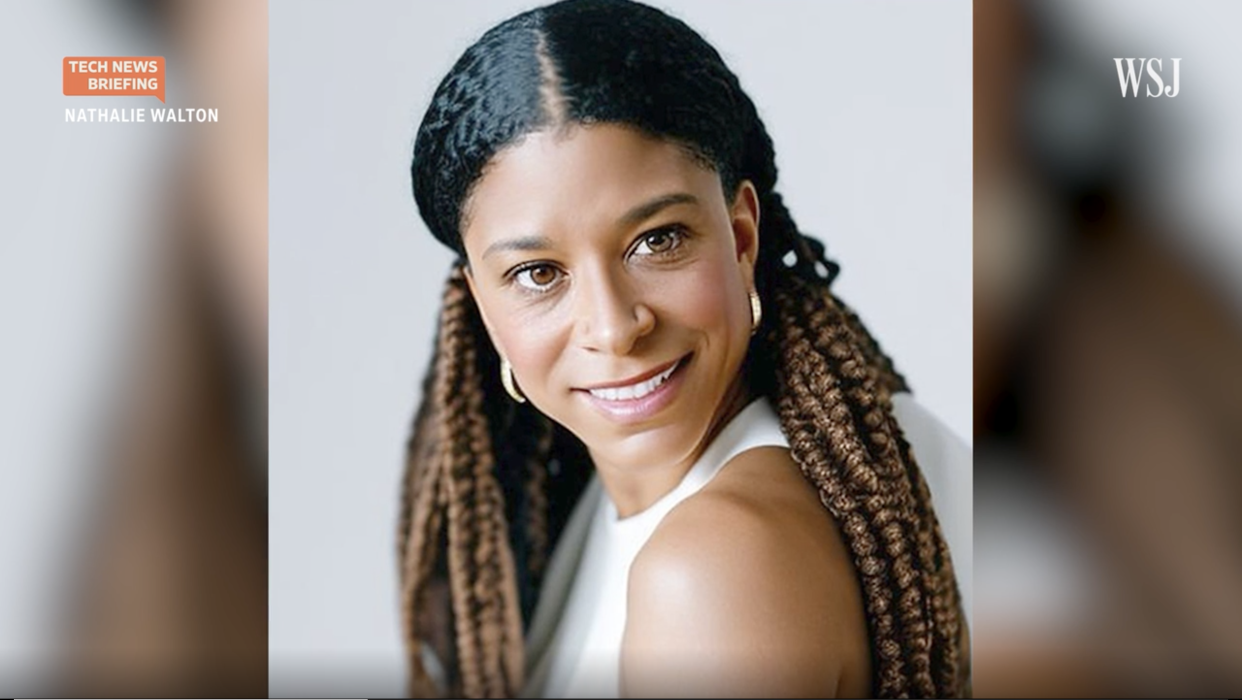AI photo generators that claim to create professional headshots show disturbing racial bias

In an era focused on visual representation, adding a professional headshot to a resume or website can provide a personal touch. However, hiring a photographer, makeup artist, or hairstylist can be expensive with prices often in the realm of $500 - $1,000. Artificial intelligence (AI) offers an alternative solution through image generators that can "create studio-like portraits” on the cheap but their outcomes don't always add up to the hype.
AI programs such as Photo AI and Aragon AI analyze user-uploaded photos to craft polished headshots. However, upon testing Photo AI we were remarkably underwhelmed by the results as they didn't look similar enough to use as a professional headshot and the AI seemed to be obsessed with boobs. For people of color, there is a deeper issue of racial bias in this "convenient approach" and recent research shows that many AI-generated headshots of colored people completely change the complexion of their skin, the shape of their facial features and the style of their hair.
• Test out the best AI image generators for yourself and see what results you can come up with
The process of generating AI-assisted headshots appears straightforward. Users submit multiple casual selfies or images showcasing their facial features, the AI model then learns from this collection to understand the user's distinctive appearance. Through meticulous fine-tuning, the AI refines its understanding of the user's face, merging its pre-existing knowledge with the uploaded images. This synthesis results in a headshot tailored for a variety of purposes, including professional usage.
In a discussion with Zoe Thomas, Wall Street Journal's reporter Katie Mogg highlighted the pitfalls of AI generators. While adept at recognizing objects, they struggle with accurately representing diverse individuals. People of color have reported unsettling alterations to their appearances, particularly in hairstyles and facial features. Rona Wong's experience with Playground AI exemplifies this bias—her image was drastically altered changing the color of her eyes, hair and skin tone so that she didn't even look like the same person.
This bias issue isn't confined to one platform; it stems from AI services' training data, reflecting historical racial and gender biases. Experts agree that refining training data can help rectify these issues and promote diversity and accuracy. Although entirely bias-free AI might be an ambitious goal due to inherent human biases, notable improvements are possible with resource investment and data refinement. Men of color are also affected by AI-generated biases, emphasizing the need for comprehensive solutions.
Some AI providers are taking steps to address this problem. Sector Labs for example is developing a feature to allow users to indicate their racial background during account creation while other solutions include refining base model data sets and enhancing training data.
While AI-generated headshots offer cost-efficiency, their limitations prove challenging for people of color. The bias issue, rooted in training data, reflects historical biases but by proactively addressing biases and involving user feedback, AI service providers can work towards more equitable and accurate representations for all users, regardless of their backgrounds. While AI has its uses in the photography world, creating headshots isn't one of them and we're still of the opinion if you want headshots, you should book a photographer. They're not all insanely expensive.
Check out the best cameras for portraits so you can take stunning pictures of people

